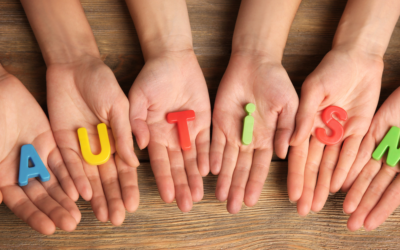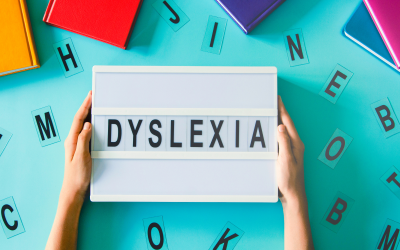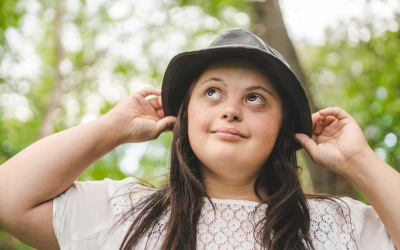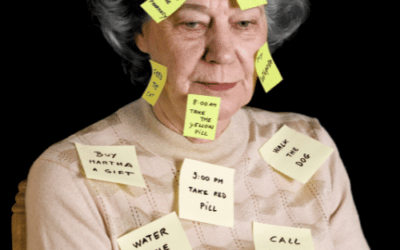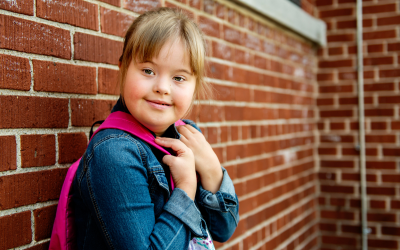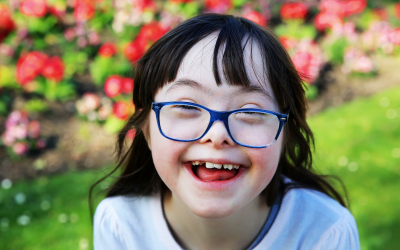THE PARENTS ACADEMY
Find all of the ressources you need to take care of your little ones!
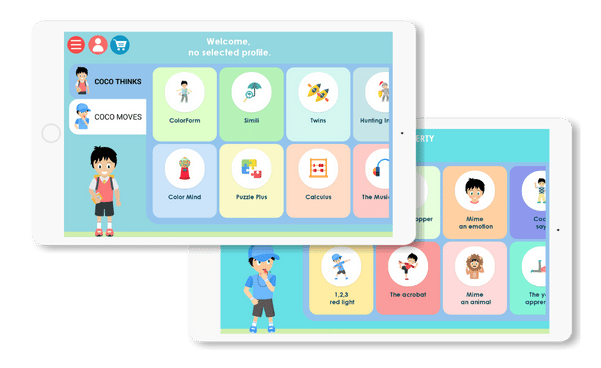
Improve Your Cognitive Functions with Brain Training
Supporting children with autism
Dynseo proposesSUPPORTING CHILDREN WITH AUTISM with COCO THINKS AND COCO MOVESDynseo and its team are very much involved in the development of children, and our goal is to allow all children to develop in harmony and serenity. For some children, development is...
Supporting DYS children with COCO THINKS and COCO MOVES
Dynseo proposesDYS disorders with COCO THINKS and COCO MOVESOur educational and pedagogical games program COCO THINKS and COCO MOVES is widely used by DYS children, and we are proud to support all DYS disorders: dyslexia, dyspraxia, dysphasia, dyscalculia, ... In this...
Language development
Children communicate from birth with movements, crying, looking at each other or with smiles. After only a few months, the child starts to communicate orally, with sounds or with the so-called lallation. As the child grows, communication continues to improve and it is...
Supporting children with Down Syndrome with Coco
Dynseo proposesDOWN SYNDROME with COCODown syndrome is a non-hereditary chromosomal abnormality that leads to the presence of three chromosomes 21. This pathology influences the development of the child who reaches the stages of its development with a more or less...
Supporting someone with Alzheimer’s
In this guide, we will detail how SCARLETT can be used for supporting someone with Alzheimer's. SCARLETT is a cognitive stimulation tool that is particularly suitable for them, as the activities are of a very easy level, and there is no score or timer. In addition to...
10 myths about the human brain you didn’t know
The brain is an incredible muscle, however there are many things we do not know, and what we do know is not always accurate. You want to know more about this big brain of yours? Here are 10 myths about your brain that will surprise you! 1. We only use 10% of...
Adapting the Use of Digital Applications for People with Down Syndrome
Effective Strategies for Cognitive Rehabilitation Post-Prostate Cancer Treatment
The Importance of Cognitive Rehabilitation for People with Down Syndrome
How to Promote the School and Social Integration of Children with Down Syndrome
Chess and Cognitive Development in Children: 10 Proven Benefits
15 Signs That You Are HPI (High Intellectual Potential)
How to Evaluate the Progress of Individuals with Down Syndrome Using Digital Tools
Essential Healthcare Professionals to Support a Person with Down Syndrome
Praxis and Apraxia: Practical Rehabilitation Exercises
How to Adapt Brain Training Exercises for Adults with Down Syndrome
Don’t take our word for it!
Try it FOR FREE and see for yourself the amazing work COCO can do with your kids.


